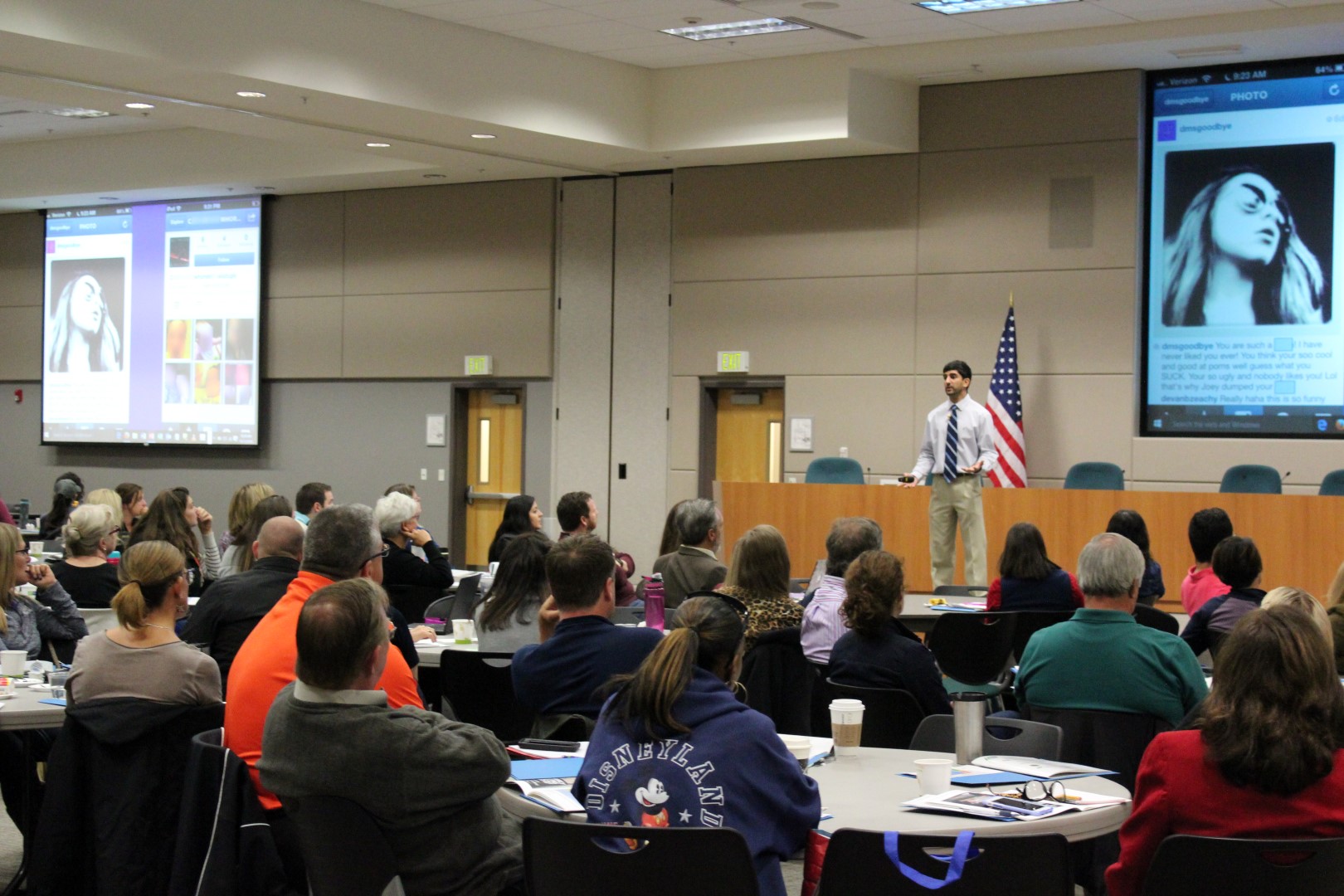
NOTE: Since April 2020, we have been offering every one of our presentations and trainings in virtual modalities (e.g., Zoom, WebEx, Teams, Hopin, Skype). Reach out if you need specifics, as we’ve optimized the way we engage with our audiences from afar!
This talk will teach participants to:
- Help educators form an alliance and symbiotic relationship with parents, where both realize they are on the same side, and where they work together
- Clarify how educators must convey their policies and programming to families strategically, so their role and protocol is known
- Offer conversation pointers to navigate challenging conversations with parents about these issues (and to avoid litigation)
- Discuss best practices in defusing irate parents who make irrational demands about their child
- Consider the pros and cons of software monitoring – when it is helpful and hurtful in the parent/child relationship
- Share ways to enlist parents to do their part in teaching their son or daughter about peer respect and civility in a calm, rational manner
- Share research-based strategies that educators can give to parents to promote kindness, resilience, empathy, and character
To reach students, educators need to partner with parents in conveying lessons about civility and peer respect. Parents do care, but often get involved reactively (after an incident), instead of proactively – to prevent peer harassment from ever happening. We discuss how schools can form a symbiotic relationship with families to make a compounding positive difference in the attitudes and actions of youth.
Specifically, we help educators clarify what policies, programming, and protocols should be made known to families – as well as what they can and can’t share involving targets and aggressors. In addition, we offer tips in how to defuse highly emotional situations with parents and get them to know that you are on their side when it comes to caring about their child. Next, we move to a discussion on what family involvement should look like on an informal and formal level to achieve mutually-desired ends. Finally, we equip educators with specific research-based strategies to share with their parent group on cultivating kindness, resilience, empathy, and character at home.
(60 minutes)
Here are numerous testimonials from schools and other organizations with whom we have worked.
Contact us today to discuss how we can work together!







